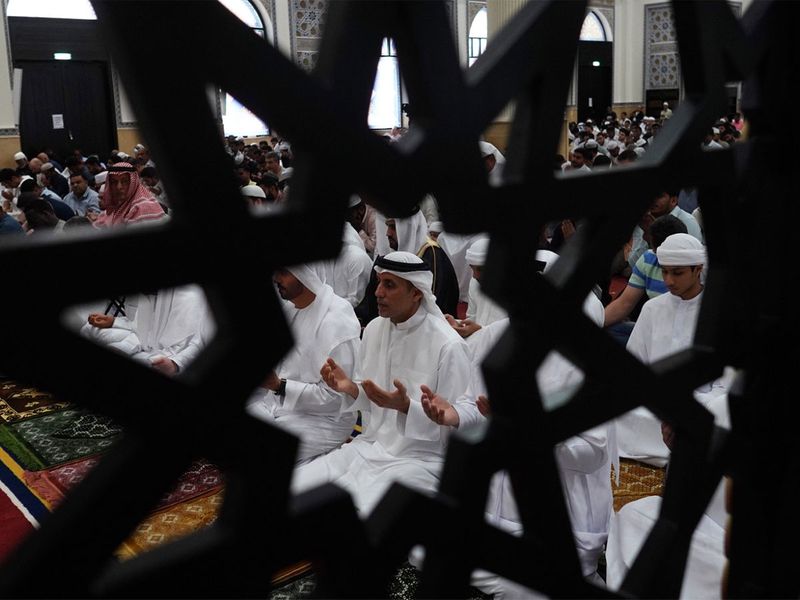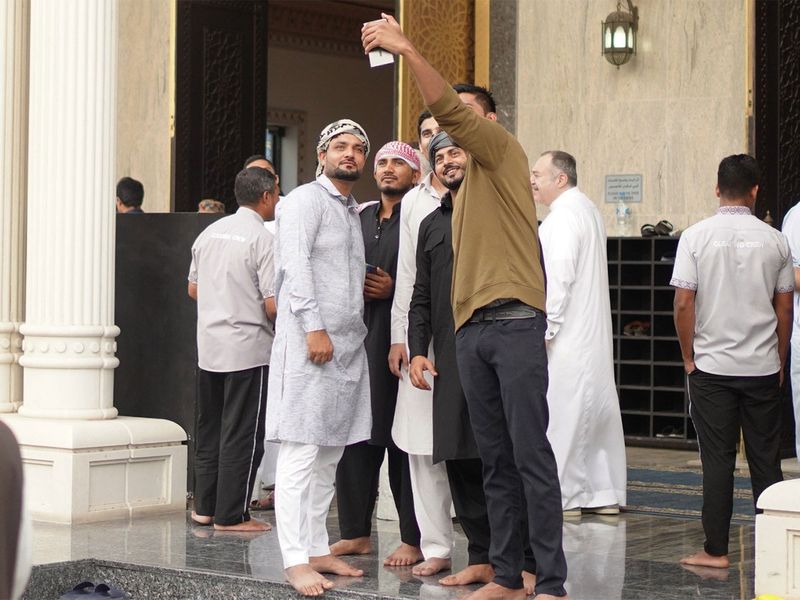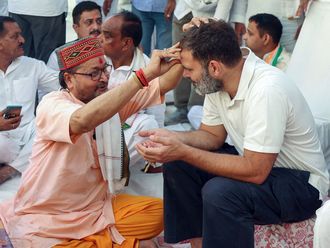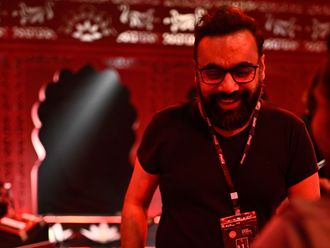
Eid al-Adha, also known as the Festival of Sacrifice, is a significant religious observance in Islam. Celebrated worldwide, this joyous occasion commemorates the unwavering faith and spirit of sacrifice of the Prophet Ibrahim (Abraham) and his son Prophet Ismail (Ishmael).
Eid al-Adha is a time for reflection, unity, and a renewed commitment to spiritual values. It is a reminder of the profound lessons that can be gleaned from the life of Prophet Ibrahim, encapsulating the essence of devotion, resilience, and the willingness to surrender to the Divine will.
Eid al-Adha begins with Muslims gathering for congregational prayers at mosques or designated prayer grounds. The congregational prayer is a symbol of unity and shared devotion. Following the prayer, families and friends come together to exchange warm greetings and engage in acts of generosity and kindness.
The sacrifice of animal associated with this occasion, albeit symbolic, is meant to develop the attitude of unwavering faith and dedication. It reminds the believers to submit to God’s will despite challenges and uncertainty.

The celebration of Eid al-Adha underlines the importance of empathy and compassion towards others. The festival brings people together, reminding them of their shared values and common purpose. It invites believers to reflect on their relationship with God and their fellow human beings.
By commemorating the story of Prophet Ibrahim and Prophet Ismail, Muslims rekindle the flame of devotion and renew their commitment to live a life guided by virtues. It stands as a testament to the enduring power of faith and a reminder that the true essence of sacrifice lies in surrendering to a higher purpose beyond the self.
The deeper significance of Eid al-Adha lies in its ability to inspire personal transformation and spiritual growth. It prompts individuals to deliberate on the nature of sacrifice in their lives, extending beyond the physical act of slaughtering an animal.
Muslims are encouraged to examine their attachments, desires, and ego-driven pursuits and relinquish them to pursue a higher purpose. This inner sacrifice involves letting go of selfishness, greed, and materialism and embracing virtues such as humility, gratitude, and contentment.
Eid al-Adha encourages believers to surrender their desires and ambitions for a lofty purpose. It serves as a reminder that true success and fulfilment come not from the relentless pursuit of personal gain but from aligning one’s actions and intentions with the greater good.

This concept of surrendering to a higher power fosters a sense of inner peace and tranquillity, allowing individuals to trust in a larger plan and find solace in the knowledge that they are guided and protected.
The spirit of Eid emphasises gratitude for the blessings bestowed upon them, including the ability to share their wealth, time, and resources with those in need. By acknowledging and appreciating these blessings, individuals cultivate a sense of contentment and recognise the interconnectedness of humanity.
Giving during Eid al-Adha is not limited to material possessions; it extends to acts of forgiveness and compassion. Believers are encouraged to mend broken relationships, reconcile with estranged family members or friends, and foster an environment of love and harmony.
Introspection, transformation, and renewal
In Eid, one has an annual opportunity for introspection, transformation, and renewal as it reminds him of his responsibility towards nature and society. In this way, it does not limit one within the realm of ceremonial practices but paves the way to go beyond the boundaries of rituals and resonate with people of all faiths. They remind believers of the importance of sacrifice, selflessness, and unity in building a more compassionate and harmonious world.
The occasion urges believers to develop a broader perspective on life. It serves as a reminder of the temporary nature of worldly possessions and the inevitability of mortality.
By acknowledging the fragility of life and the impermanence of material wealth, individuals are prompted to focus on cultivating lasting virtues, nurturing relationships, and investing in acts of kindness and service to others.
Eid goes beyond rituals and traditions, reminding individuals of their higher purpose and calling. By embracing the teachings of Eid al-Adha, the faithful can renew their commitment to living lives of meaning, purpose, and spiritual growth.
The festival serves as a powerful catalyst for transformation and encourages individuals to embody the spiritual values of faith, sacrifice, and generosity throughout the year.
Raamish Siddiqui is a lawyer, author and Islamic thinker. Twitter: @raamishs








